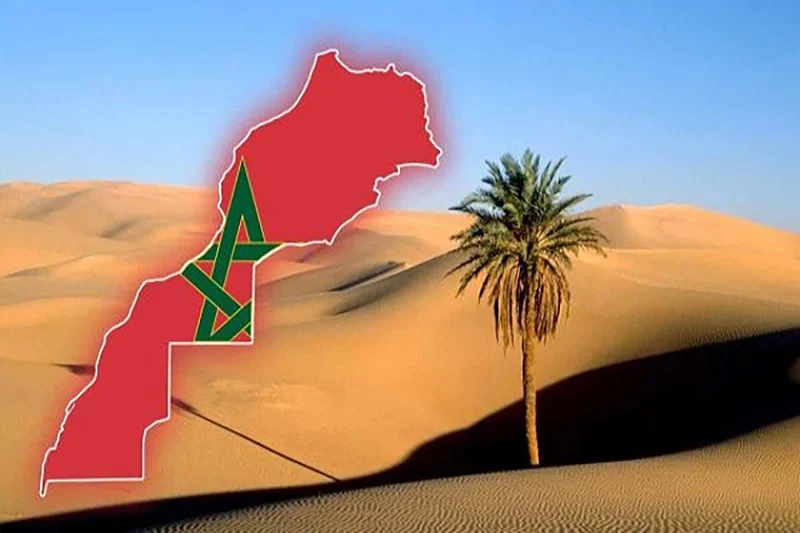
In a revealing article published on The Conversation,Algerian academic Manel Ismahane Rebbah attempted in vain to justify Algeria’s decades-long costly support for the Polisario Front in Western Sahara. Yet,her own analysis inadvertently underscores the growing legitimacy of Morocco’s autonomy plan and exposes the contradictions at the heart of Algeria’s foreign policy.
Rebbah’s piece,titled “Western Sahara: why Algeria supports the Sahrawi’s right to govern themselves”,explains how Algeria used concepts of self-determination as empty slogans or cover to hide its geopolitical motives: dividing Morocco and keeping it in check.
The article also acknowledges a series of developments that point to a shifting international consensus,increasingly aligned with Morocco’s vision for the region.
Most notably,French President Emmanuel Macron’s 2024 recognition of Morocco’s sovereignty over the Sahara and his endorsement of autonomy as the only solution,in a position that echoed that of the US. Soon after major powers like the UK followed suit,joining most of Africa and the Arab World.
This wave of endorsements has significantly bolstered Morocco’s international standing while isolating Algeria diplomatically.
Rebbah concedes that Morocco views Western Sahara as an integral part of its national territory and is actively investing in regional development,including the strategic port of Dakhla. This initiative aims to connect landlocked Sahel countries to the Atlantic,reinforcing Morocco’s role as a driver of regional integration and economic opportunity,she admitted.
In contrast,Algeria’s continued backing of the Polisario Front appears less rooted in humanitarian concern and more in geopolitical maneuvering. Rebbah herself notes that Algeria’s support “raises numerous questions about its underlying motivations,” suggesting that Algiers is using the Polisario separatist claims and the Sahrawis held in the Polisario-run camps as a lever to counter Morocco’s growing influence.
This strategy is not without cost. Tens of thousands of Sahrawi refugees remain in dire conditions in Algerian camps,a humanitarian failure that undermines Algeria’s posture. Moreover,Algeria’s claim to neutrality is contradicted by its active military and financial support for the Polisario,in an involvement that directly interferes in Morocco’s internal affairs.
The article also touches on Morocco’s economic clout,particularly in the phosphate sector,where the kingdom ranks as the second global exporter and home to the largest reserves. This economic strength further distinguishes Morocco from its neighbor and adds weight to its diplomatic initiatives
Ultimately,Rebbah’s article,while intended to defend Algeria’s position,inadvertently highlights the effectiveness of Morocco’s pragmatic and forward-looking approach. As Rabat continues to gain international support and invest in regional development,Algeria’s reliance on ideological anachronism and obstructionist tactics appears increasingly out of step with the realities of modern diplomacy.
United News - unews.co.za